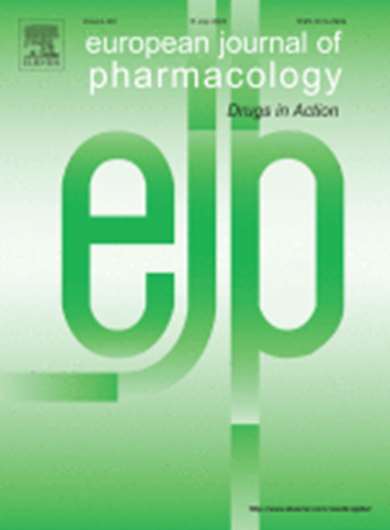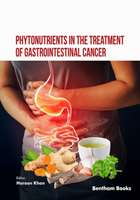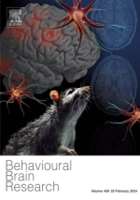Endocannabinoid system as a therapeutic target for psychostimulants relapse: A systematic review of preclinical studies



.png)


The mechanism behind the reinstament of psychostimulant, as a major obstacle in addiction treatment is not fully understood. Controversial data are available in the literature concerning the role of the endocannabinoid (eCB) system in regulating the relapse to psychostimulant addiction in preclinical studies. The current systematic review aims to evaluate eCB modulators’ effect in the reinstatement of commonly abused psychostimulants, including cocaine, amphetamine, methamphetamine, and 3,4-methylenedioxymethamphetamine. By searching the PubMed, Web of Science, and Scopus databases, studies were selected. Then the studies, quality was evaluated by the SYRCLE risk of bias tool. The results have still been limited to preclinical studies. Thirty-nine articles that employed self-administration and CPP as the most prevalent animal models of addiction were selected. This data indicates that cannabinoid receptor 1 antagonists and some cannabinoid receptor 2 agonists could suppress the reinstatement of cocaine and methamphetamine addiction in a dose-dependent manner. However, only AM251 was efficient to block the reinstatement of 3,4-methylenedioxymethamphetamine. In conclusion, cannabinoid receptor 1 antagonists and some cannabinoid receptor 2 agonists may have curative potential in the relapse of psychostimulant abuse. However, time, dose, and route of administration are crucial factors in their inhibitory impacts.






